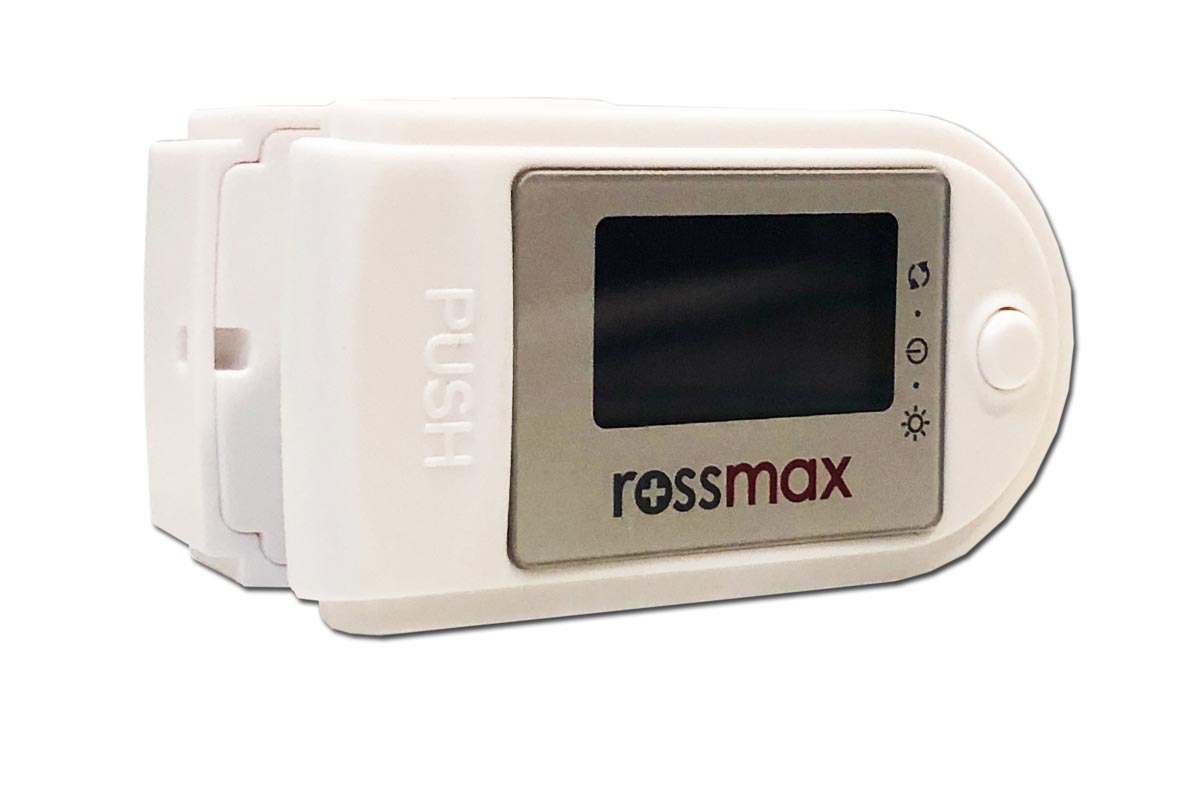Pulse Oximeters at unique Pharmacy
An oximeter measures the concentration of oxygen in your blood. It also measures your heart rate. Hospitals and doctor offices use oximeters to ensure that patients are getting enough oxygen into their bloodstream. It’s especially important to keep track of this “vital sign” if you have lung disease or asthma. Oximeters available for home use make it easy to monitor this important vital sign right from home.
Who Can Benefit From an Oximeter?
If you have any type of lung disease, an oximeter is a good way to make sure your lungs are delivering enough oxygen to your blood. If your oximeter reading is low, it means the oxygen concentration in your blood is low and your tissues and cells aren’t getting enough oxygen. In this case, you may experience shortness of breath, lightheadedness or fatigue. If it falls too low, it can be dangerous for your health. If you have lung disease, there may be periods, particularly during exercise, where your lungs aren’t delivering enough oxygen to your blood and tissues. An oximeter can pick this up.
Adults and children that have asthma may benefit from using an oximeter at home. People with certain types of heart disease are often good candidates for an oximeter. A diseased heart may not pump well enough to deliver adequate oxygen to tissues. In addition, an oximeter is helpful for monitoring a condition called sleep apnea. Your doctor can use the values you get from your oximeter to determine whether you need oxygen or other treatment.
People who have heart or lung disease aren’t the only people that may benefit from an oximeter. Athletes who train at high altitudes are at risk for not getting enough oxygen into their blood due to the low oxygen pressure. An oximeter may help them avoid problems. Mountain climbers that climb to high altitudes may also benefit from the readings an oximeter provides.
How Do You Use an Oximeter?
To get a reading, you simply place your index finger into a slot on the oximeter. As you hold your finger in place, the oximeter calculates your oxygen saturation and pulse rate and displays it on a screen. It’s important to remember that acrylic nails and nail polish can alter the reading. Oximeters run on batteries and come with a complete instruction manual to ensure you get the most accurate results. Also available are oximeters you wear around your wrist. As you wear them they record your pulse and oxygen saturation and can store up to 24 hours of readings for you to refer back to. If a reading is abnormal, an alarm will sound. Oximeters are painless and easy to use at home.
The Bottom Line
Oximeters are a simple and convenient way to measure the concentration of oxygen in your blood along with your pulse rate. This is important if you have a lung disease or serious heart condition. It’s also useful if you work out or engage in any other type of physical activity at high altitudes. An oximeter is a helpful tool but it doesn’t replace medical care. See your doctor regularly and don’t forget to bring along your readings. This will help your doctor see if your therapy needs to be adjusted.

